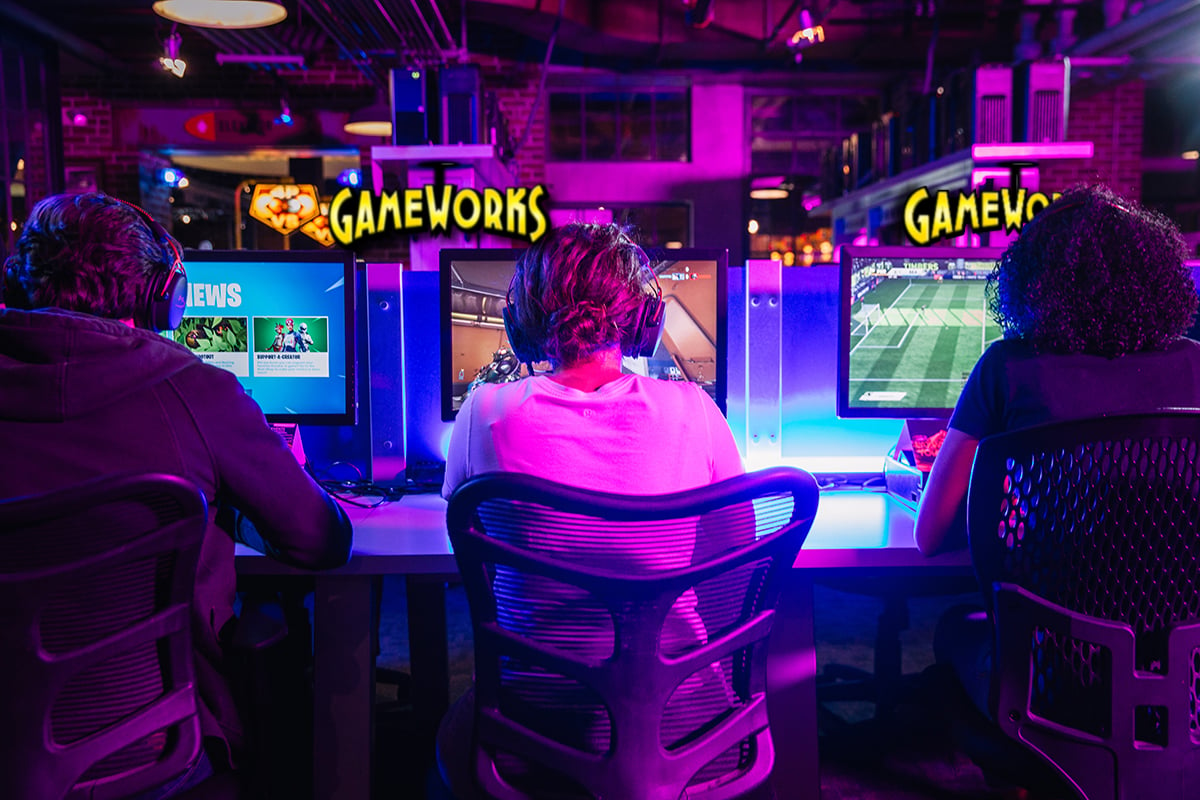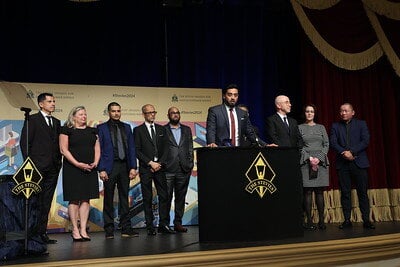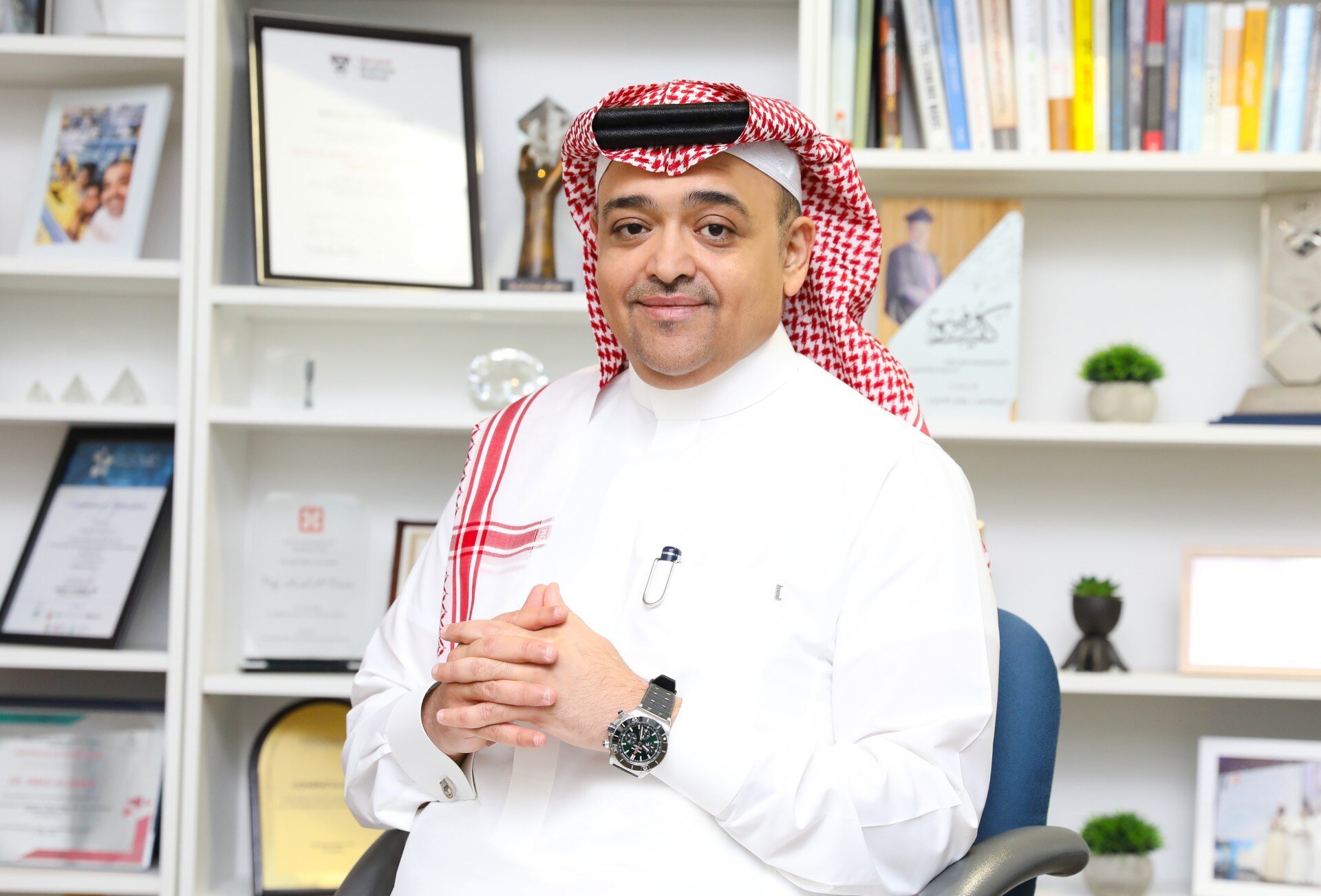GameWorks, a complete entertainment destination with seven venues nationwide, is a key influencer in the reshaping of the Family Entertainment Center (FEC) industry. The FECs of yesterday were mainly comprised of large arcades, anchored by pinball and the beloved Pac Man machines, and they became the place to be for families, friends and teens.
Today, expansive, brightly lit entertainment centers dominate this landscape, and GameWorks, the specialty entertainment chain based in San Francisco, California, United States, feels poised to grow its share of the market, particularly with its natural evolution and rapid progression into the esports realm. Esports is taking the entertainment sector by storm.

That’s the chain’s secret weapon - Esports lounges. Located in each venue, these lounges cater to fans of competitive gaming, including both players and spectators. Each of the rooms is equipped with 20-40 PCs and consoles, along with a library of approximately 100 popular video games, says Chairman and Chief Executive Officer Philip N. Kaplan.
The lounges accommodate about one hundred guests each, all of whom can play against one another in casual competition or participate in one of the roughly two hundred tournaments held at GameWorks locations every month. According to Kaplan, the company is also planning to bring in more players for local and regional tournaments in the coming months.
“GameWorks is recognized nationally for its esports emphasis,” he says. “Esports is growing quickly , and GameWorks is focused on expanding in this area. GameWorks, with its decades of gaming experience, organically segued into esports over the years, and now, has the perfect platform from which to grow.”
Riding the Esports Wave
GameWorks is outwardly optimistic about its foray into esports, due to the rapid growth and broad interest both in the U.S. and globally..
The company was founded in 1996 as a joint venture between Sega, Universal Studios, and DreamWorks SKG, and the bold experiment, which involved taking on more entrenched competitors, such as Dave & Buster’s, didn’t exactly go as planned.
After ramping up its presence around the country, the organization filed for bankruptcy in 2001 and again in 2010, changed ownership several times, and shuttered many of its locations. In 2017, the esports tournament business Oomba bought GameWorks and enacted a plan to make competitive gaming a staple of its new layout.
Last year, however, it changed hands once again. One of its lenders, ExWorks Capital, acquired the chain, and under the leadership of Philip N. Kaplan, the new chairman and CEO, GameWorks is doubling down on its esports strategy. Earlier this year, it added lounges to four additional locations in Virginia, United States; Illinois, United States; Minnesota, United States; and Kentucky, United States.
For Kaplan and his team, this is a way to capitalize on the skyrocketing growth of competitive gaming. The consulting firm Activate predicts esports viewership will reach 84 million by 2021, a bigger audience than that currently watching professional baseball or basketball, and because most of the fans are in the 18 to 34 year-old age bracket, esports also has the potential to bring in a key demographic.
Additionally, the team members who work and operate the esports lounges are competitive gamers in their own right, something Kaplan says brings more excitement to the offering.
“Gaming is on the rise, even in high schools,” says Kaplan. “Companies that have frameworks built and foundations from which to grow will succeed in the esports space. As far as we know, we are the only national entertainment venue that already had a footing in esports, even before the industry took off.”
New Leadership, New Culture
The new chief executive sees gaming as a big part of the future of the company, which earned a Silver StevieⓇ Award for Achievement in Management in the hospitality and leisure segment.
“As an established leader in competitive gaming and entertainment, GameWorks is well positioned to capitalize on this burgeoning space,” says Kaplan. “Our strong foothold in esports, including lounges in every location, further strengthens our leadership position and will serve as a springboard for future growth.”
Under his watch, the company is also hoping to cash in on gaming activity outside of its own entertainment centers. Earlier this year, it announced a partnership with SCCG Management, which will bring lounges to casinos around the country. At these locations, visitors can bet on esports competitions. It’s calling the venture “Play by GameWorks.”
The expanded effort within esports isn’t the only part of Kaplan’s turnaround strategy, himself the winner of a Gold Stevie for Maverick of the Year in the consumer services category. The former healthcare IT executive is trying to reshape the organization’s top-down managerial approach in favor of a more collaborative culture. Kaplan has also put in place a “top three” philosophy, where the company focuses its efforts on business units that have the most impact on the bottom line.
Recent corporate changes are giving the organization the foundation and confidence that it won’t repeat setbacks of the past.
“With the right owners and management in place, GameWorks is on a new trajectory toward success,” he says. “The Stevie Awards are proof to our team these efforts truly paid off and made a difference.












